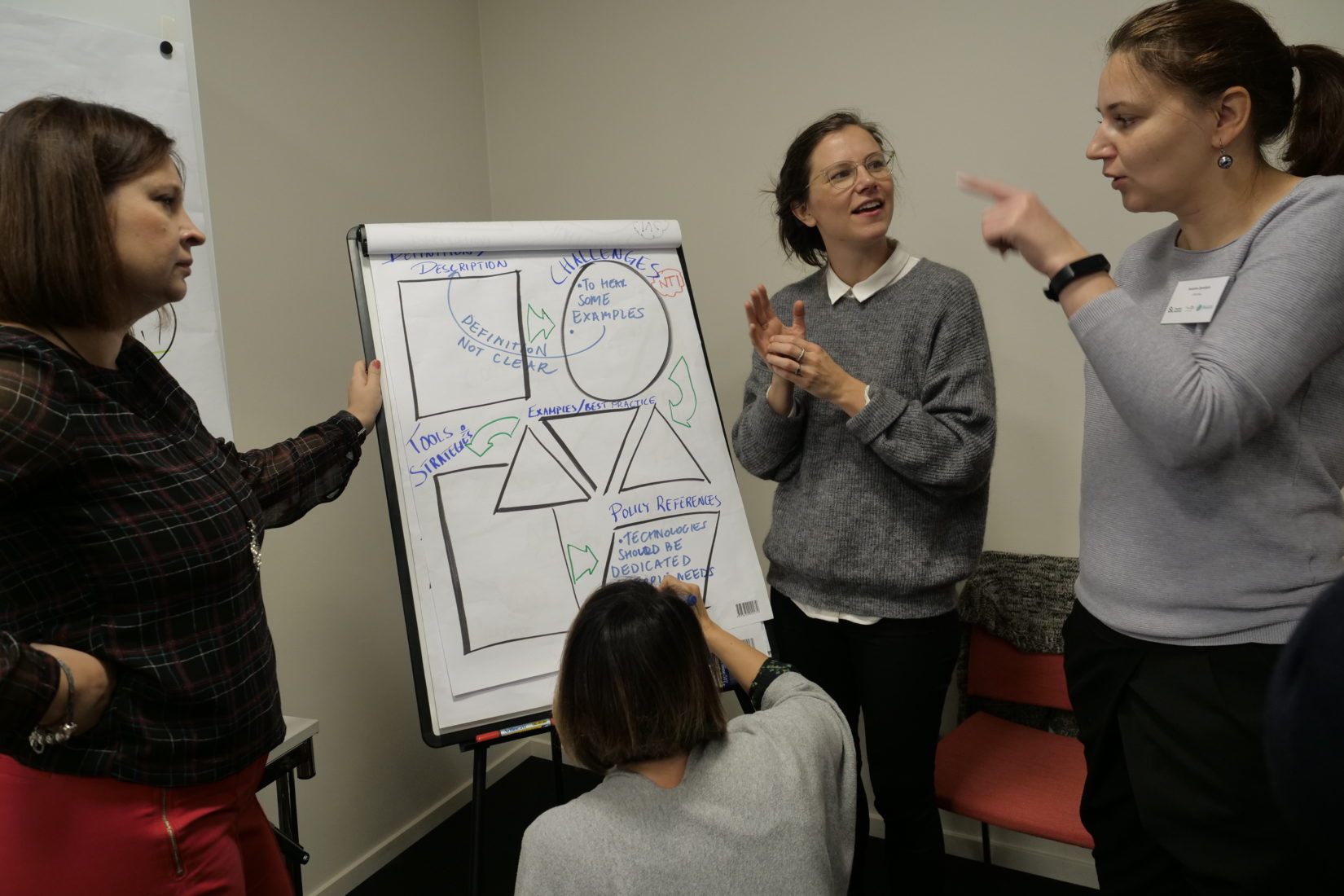Innovation- and industry driven policies strongly determine the economic growth and competitiveness of a country, but also of larger economic areas, such as the European Union, both in politics and economics. To carry out these policies, EU has designed regional innovation strategies, or as they are called “Smart Specialisation Strategies”.
Smart specialisation strategies are regional strategies, elaborated by regional organisations based on their own demands and resources. These innovation strategies have made strong contributions to regional growth in Sweden and in all other parts of Europe. Their success lies in the way they involve many different actors, such as the business sector, the public sector, and the academia, and they integrate relevant policies such as climate change, digitalisation and sustainability or circular economy into their own regional development.
All analyses emphasise that smart specialisation will continue to be prioritised by EU, which means that countries and regions need to gear up their innovation strategies.
In order to contribute to this and strengthen interregional cooperation opportunities in the Baltic Sea, the Swedish Institute commissioned a leadership programme in 2018, “the Baltic Leadership Programme on Smart Specialisation”. Around 30 regional specialists and planners from the entire Baltic Sea Region took part in this leadership programme.
Here you can find more information about the results of the programme:
- The pre-study on “Designing a Baltic Leadership Programme on Smart Specialisation” provides a general overview of existing regional innovation strategies in the Baltic Sea Region. It also identifies three key cornerstones on how to build up innovation-focused interregional collaborations.
SI_Rapport_Baltic_Leadership_Programme (pdf)
- The Baltic Leadership Programme Workbook goes beyond that, by introducing inspirational ideas for interregional learning, new knowledge and capacity building. BLP participants worked on inspirational concepts for the workbook, paving the way for effective interregional collaborations.
For more information, please contact [email protected]
